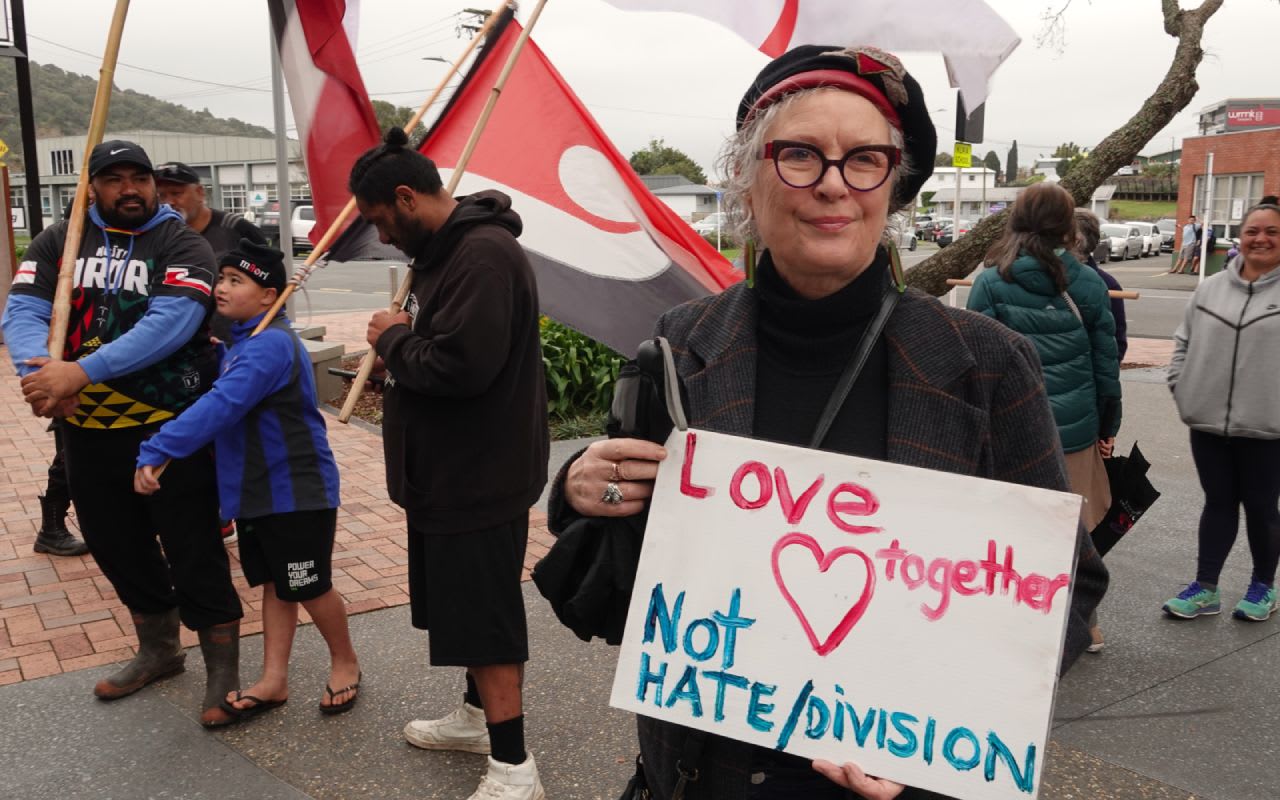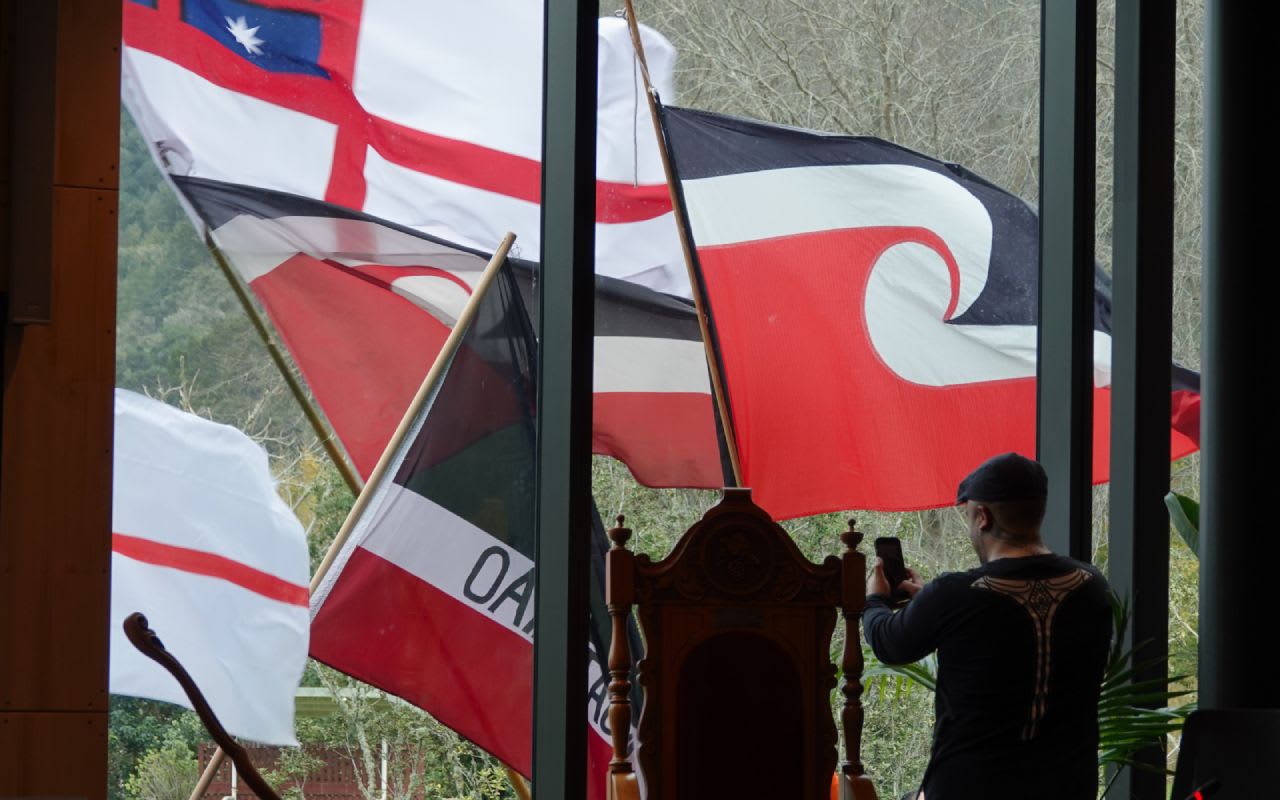
Councils are voting overwhelmingly to keep their Māori seats following controversial law change a month ago.
Their decisions trigger a mass of binding public referendums in October next year, as required by the new law.
The coalition Government has said 45 councils that decided to introduce Māori wards since late 2020 must reconsider their decisions before September 6.
Councils that did not poll their communities on bringing in Māori seats must now either scrap their Māori wards or constituencies, or hold a binding poll at the 2025 local government elections asking voters whether to keep them.
Thirty-two councils decided to bring in Māori seats at the 2022 local government elections after the previous Labour Government removed the binding poll provisions in the Local Electoral Act 2001.
Other councils have since voted to introduce Māori seats for the 2025 elections.

More than half of the 45 district, city and regional councils have voted in the past month, with all but two choosing to retain their Māori seats for the 2025 elections.
Kaipara District Council decided on August 7 to disestablish its Māori ward.
On the same day Upper Hutt City Council rescinded its 2023 decision to establish one or more Māori wards for the 2025 and 2028 local elections.
At the recent Local Government New Zealand annual general meeting, 83.5% of councils present supported a remit opposing the requirement to hold a referendum.
The remit said Māori wards and constituencies should not be subjected to polls when other wards are not.

“The changes … require councils that resolve to retain their Māori wards to also hold a poll on Māori wards at the 2025 elections.
“Resolving to retain Māori wards and not hold a poll is not an available option under the legislation,” Brown told Local Democracy Reporting.
Ruapehu, Gisborne and South Taranaki district councils, which opted to have Māori wards in late 2020 before poll provisions were removed in 2021, are also subject to the new legislation.
Brown recently said Ruapehu, Gisborne and South Taranaki councils would be required to hold a poll if they did not scrap their Māori wards because voters had only three months to petition before poll provisions were removed in 2021.
Asked what period of time the Minister considered sufficient for petitioners, he said three months was the minimum period needed to allow a petition process to take place.
“That has been reinstated through the recent law changes.

“However, in late 2020 and early 2021, the petitions window for these communities happened at the same time as the previous Government was making announcements that the poll provisions were about to be removed.
“In my view this undermined the petition process.”
- By Moana Ellis
Local Democracy Reporting
LDR is local body journalism co-funded by RNZ and NZ On Air













